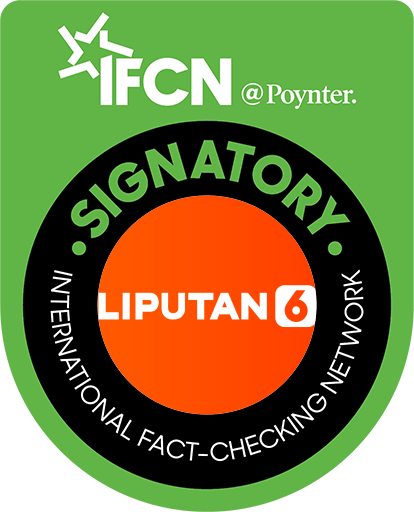Liputan6.com, Jakarta China’s President Xi Jinping took the time to hold a private meeting with the Iranian President, Hassan Rouhani on the sidelines of the 60th Asia- Africa Conference Commemoration at the Jakarta Convention Centre, Senayan today (23/4/2015).
President Xi Jinping necessitated such private meeting as he seeks for the development of the relationship between the two nations knowing both are mutually equipped with nuclear energy. In the meeting, President Xi Jinping pointed out the need for both country to establish a mutually- beneficial and ‘balanced’ nuclear agreement. The agreement is viewed as China’s sincere gesture to maintain desirable relations with other nations who possess nuclear weapons.
China will continue to rejoice the relationship through active communication with Iran where it plays a constructive role throughout the deliberation process as to reach final decision favouring the balanced and mutually-beneficial agreement on possession of nuclear power. The agreement will also contribute to the safety assurance of nations alike.
“China is willing to continue to maintain communication with all parties concerned, including Iran, to continue to play a constructive role in the negotiations and push for a fair, balanced, mutually beneficial and win- win comprehensive agreement as soon as possible,” President Xi Jinping informed, as quoted from Reuters, Thursday (23/4/2015).
Apart from talks on nuclear weapons, both countries paid attention to other potentially strengthening aspects that could intensify their ties such as economics, trades and energy. (Akp/Ein)
China Calls for 'Mutually-Beneficial' Nuclear Agreement with Iran
President Xi Jinping has used his time wisely at the AAC 2015 to meet with leaders discussing 'crucial' issues.
diperbarui 23 Apr 2015, 16:36 WIBPresiden Indonesia Joko Widodo (baris depan - keempat kiri), Presiden Cina Xi Jinping (ketiga dari kiri), dan Perdana Menteri Jepang Shinzo Abe (mengangkat tangan) berfoto saat KTT Asia Afrika di JCC, Jakarta , (22/4/2015). (Liputan6.com/Herman Zakharia)
Advertisement
Advertisement
POPULER
1 2 3 4 5 6 7 8 9 10
Berita Terbaru
Melahirkan Anak Kedua, Ini 6 Potret Perjalanan Kehamilan Winona Adik Nikita Willy
Tips dan Trik Komputer untuk Meningkatkan Produktivitas dan Efisiensi
Panduan Lengkap Cara Jual Beli Tanah yang Aman dan Legal
Cara Buat Bubur Ayam Lezat dan Gurih untuk Sarapan Sehat
Cara Jitu Menyadarkan Penjudi: Panduan Lengkap Mengatasi Kecanduan Judi
Cara Buat Pempek Palembang Tanpa Ikan: Resep Mudah dan Lezat
Harga Kripto Hari Ini 26 November 2024: Bitcoin Cs Kembali Loyo
Hosti Adalah Simbol Sakral dalam Tradisi Kristiani: Makna dan Sejarahnya
VIDEO: Polisi Tangkap Pelaku Penipuan “Beruang Rusak Mobil Mewah”
AOP Serius Masuk Ceruk Pasar Produksi Alat Kesehatan Lokal
Perjalanan BYD dari Pabrik Baterai Ponsel hingga Lahirkan Mobil Listrik Mewah Denza
Alasan Kenapa Toxic Positivity Buruk Bagi Kita dan Cara Mengatasinya


